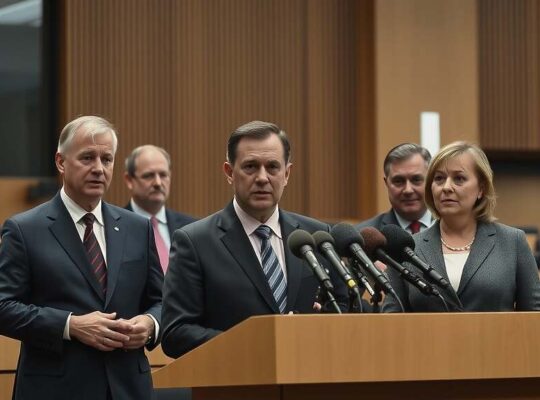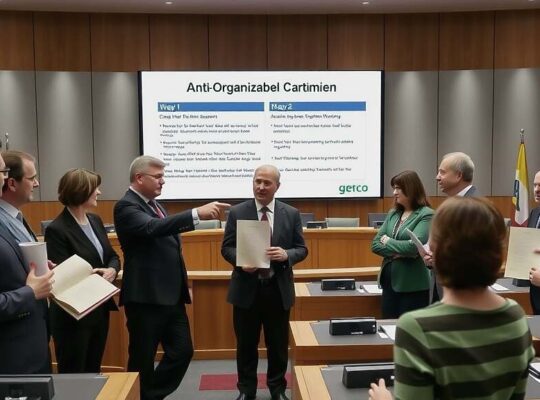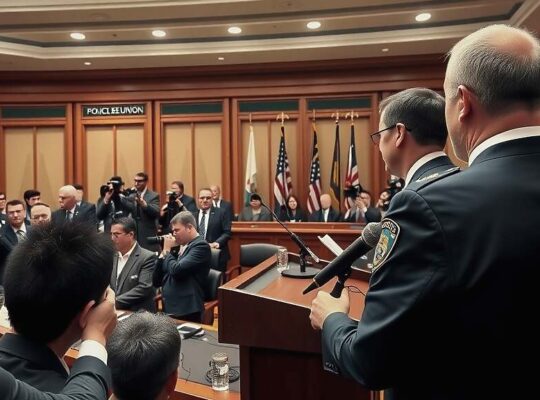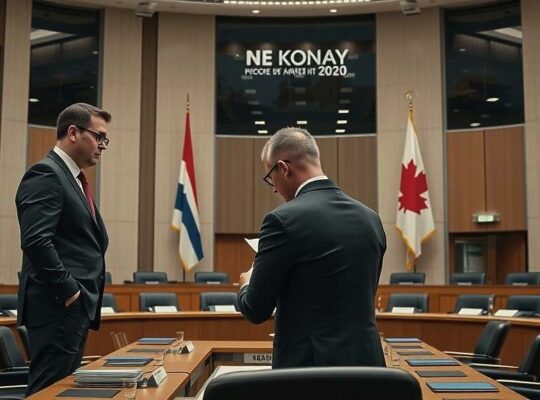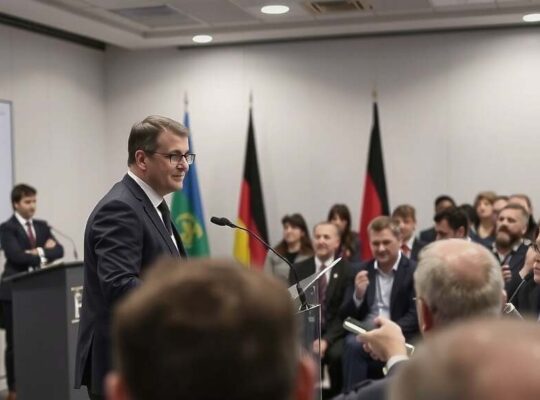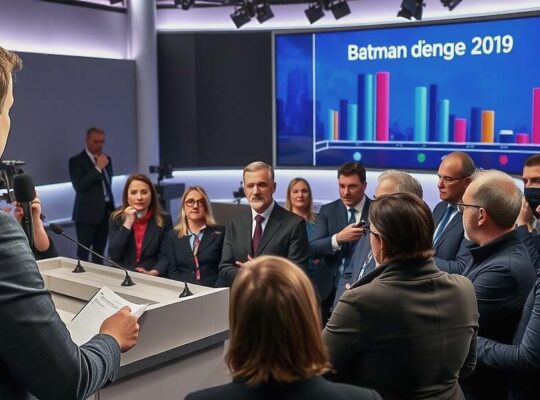The European Commission, led by President Ursula von der Leyen, is proposing a significantly expanded budget for the period 2028-2034, aiming for a total of two trillion euros. This represents a substantial increase compared to the current financial framework (2021-2027), which stood at just over one trillion euros, supplemented by the “Next Generation EU” program of approximately 750 billion euros introduced during the COVID-19 pandemic.
The proposed budget prioritizes two key pillars: 865 billion euros allocated to “National and Regional Partnership Plans” and 410 billion euros earmarked for a competitiveness fund. Additional programs, including “Erasmus+” and “Agora-EU” are projected to receive three percent of the overall budget, while the “Global Europe” instrument, dedicated to EU enlargement, support for Ukraine and economic cooperation, is set to receive roughly 200 billion euros. The framework also accounts for ongoing costs associated with repaying loans incurred during the pandemic.
President von der Leyen’s plan seeks to streamline the existing budget structure through the “National and Regional Partnership Plans”. This aims to reduce the number of programs with independent funding mechanisms from 52 to 16. The envisioned reform intends to enhance flexibility, particularly during times of crisis and to facilitate the allocation of resources to emerging priorities, such as affordable housing. The Commission intends to engage in individual negotiations with member states regarding these partnership plans, potentially attaching conditions linked to issues such as upholding the rule of law.
Approximately 300 billion euros are allocated for agriculture and fisheries. Investment in less developed regions is projected at a minimum of 218 billion euros. Within the partnership plans, social spending is planned to constitute 14 percent of the budget, while climate protection measures will receive 35 percent. Funding for border management and migration policies is also slated for a threefold increase.
The proposed competitiveness fund will witness a fivefold increase in investment in digitalization and a sixfold increase in funding for clean technologies and decarbonization initiatives. Defense and space programs are set to receive 131 billion euros, representing a fivefold increase in current expenditure.
The “Erasmus+” program, supporting student exchange programs, youth initiatives and educational mobility, is earmarked for a 50 percent budget increase. Programs designed to support civil society organizations will be consolidated under the “Agora-EU” initiative. The Commission has signaled an intention to maintain member state contributions at current levels, while simultaneously exploring new revenue streams to bolster the EU’s financial resources.



